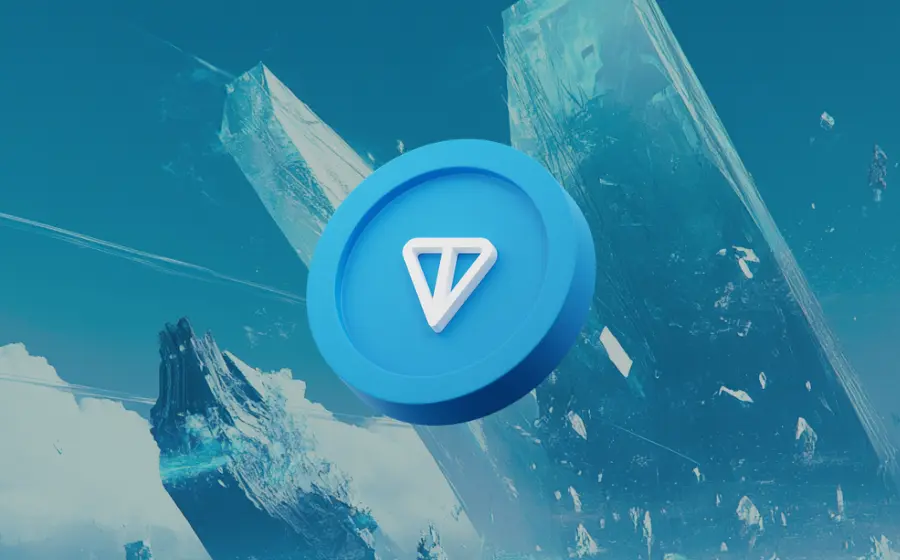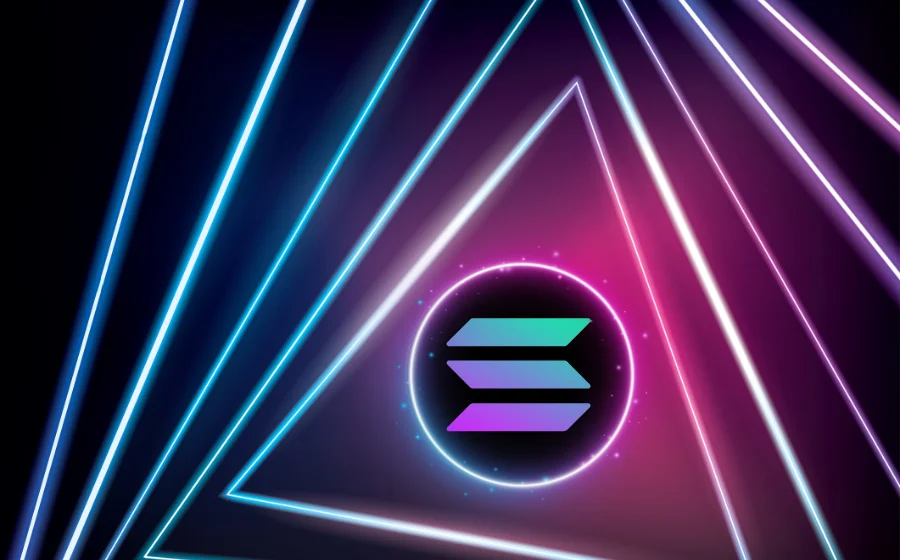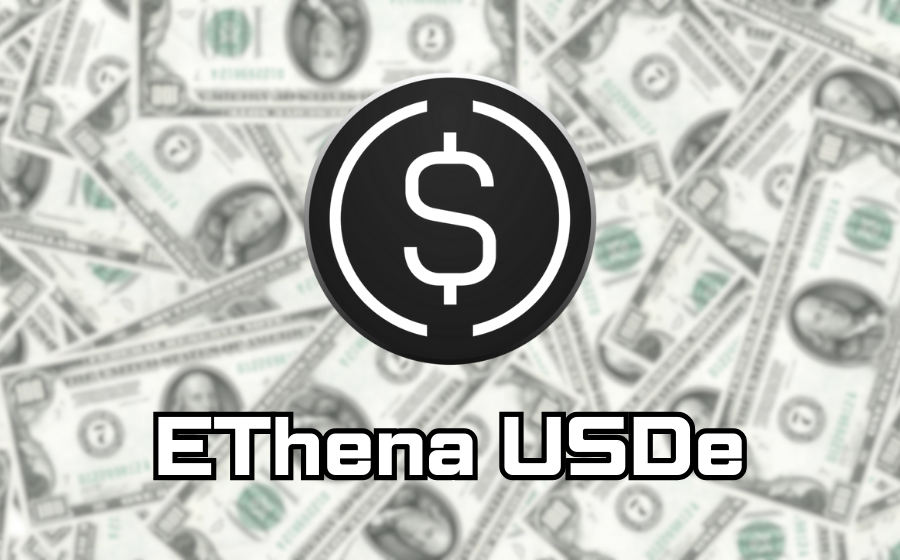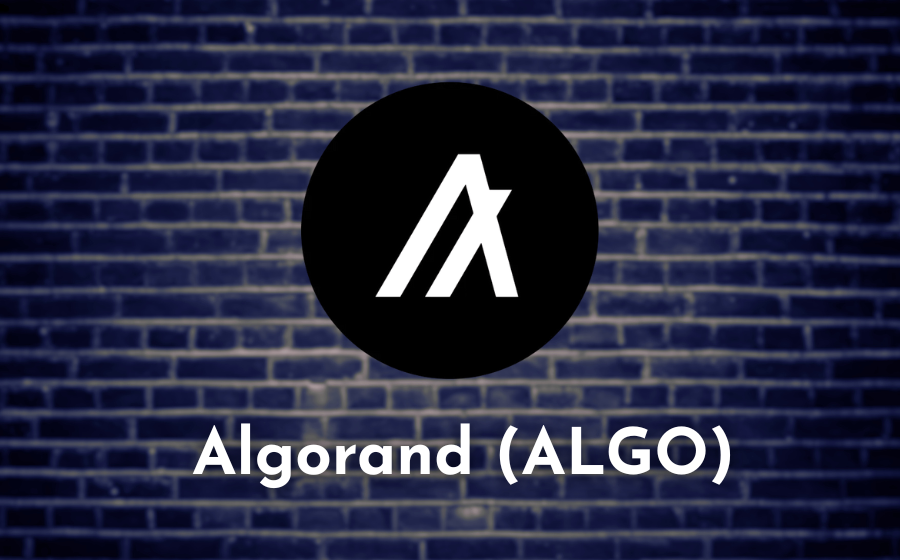
KEYTAKEAWAYS
- Algorand (ALGO) is a fast, secure, and scalable blockchain built for real-world applications, offering over 1,000 TPS with finality under 5 seconds.
- The native ALGO token is used for gas fees, staking, governance, and passive income via self-custodial wallets like Pera.
- Founded by Turing Award winner Silvio Micali, Algorand (ALGO) leverages Pure Proof-of-Stake to ensure decentralization without compromising energy efficiency.

CONTENT
Algorand (ALGO) is a high-speed, scalable blockchain using Pure Proof-of-Stake to power decentralized apps, low-cost transactions, and passive rewards through its native ALGO token.
WHAT IS ALGORAND (ALGO)?

Algorand (ALGO) is a high-performance blockchain platform built to process a large volume of transactions at speeds comparable to traditional payment networks like Mastercard and Visa. Designed for scalability and efficiency, Algorand (ALGO) serves as a strong competitor to Ethereum by supporting a wide range of cryptocurrencies and blockchain-based applications.
The platform’s native token, ALGO, is used to pay transaction fees and secure the network through its consensus mechanism. As an open-source project, Algorand (ALGO) invites developers from around the world to audit, build, and contribute to the protocol.
At the core of its technology is the Pure Proof-of-Stake (PPoS) consensus algorithm, which randomly selects validators from the pool of ALGO holders. This approach ensures decentralization, energy efficiency, and broad participation—making Algorand (ALGO) a forward-thinking infrastructure for the next generation of decentralized applications.
The Algorand Foundation is proud to unveil a proposal for a ‘Universal Chess Passport’ ♟️
The Universal Chess Passport is developed in partnership with @theworldchess, utilizing decentralized ID and verifiable credential standards.
This pilot is currently in development and… pic.twitter.com/NAVuI0ATlM
— Algorand Foundation (@AlgoFoundation) April 24, 2025
>>> More to read: What is Goatseus Maximus(GOAT)? AI Memecoin
THE HISTORY & TEAM BEHIND ALGORAND (ALGO)
📌 Founding Background
Algorand (ALGO) was founded in 2017 by Silvio Micali, a world-renowned cryptographer and MIT professor. Micali is a Turing Award laureate and a longstanding member of prestigious institutions like the National Academy of Sciences and the National Academy of Engineering. He has been on the MIT faculty since 1983, contributing significantly to the advancement of cryptography and secure systems.
🛠 Launch of the Algorand Network
In June 2019, Silvio Micali and his team of engineers and researchers officially launched the Algorand (ALGO) blockchain. The project’s core philosophy revolves around building a democratic and inclusive network, allowing broad participation without sacrificing security or decentralization.
📒 PoS over PoW
Rather than using Bitcoin’s energy-heavy Proof-of-Work (PoW), Algorand (ALGO) utilizes a highly efficient Pure Proof-of-Stake (PPoS) mechanism. This approach supports self-validating transactions and enables faster, more energy-efficient consensus while maintaining decentralization.
🌐 Establishment of the Algorand Foundation
Following the launch, the Algorand Foundation was formed to guide the platform’s global development. Its responsibilities include:
- Managing the token economics, with an initial monetary commitment of $60 million
- Promoting decentralized governance
- Supporting the growth of a robust, open-source ecosystem
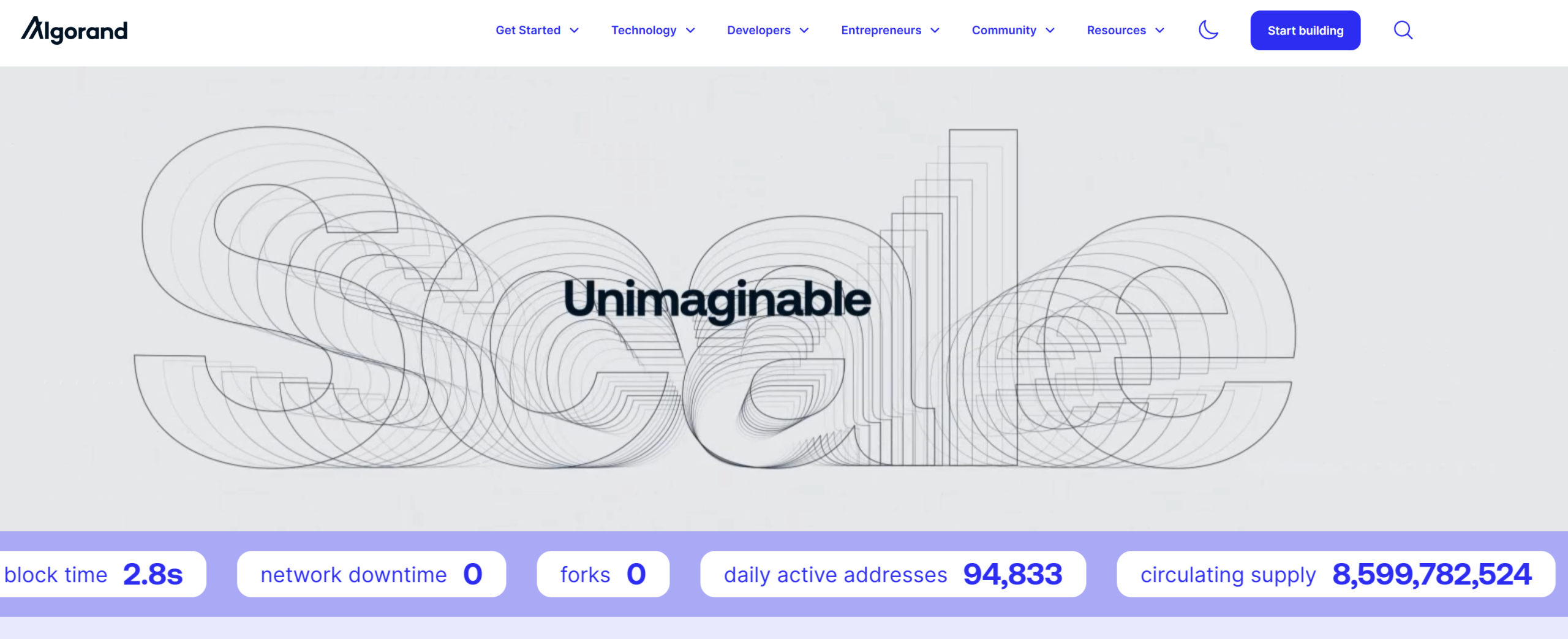
ꚰ CoinRank x Bitget – Sign up & Trade!
HOW DOES ALGORAND (ALGO) WORK?
➡️ A Permissionless Blockchain with PPoS
Algorand (ALGO) operates as a permissionless blockchain using a modified version of Proof-of-Stake known as Pure Proof-of-Stake (PPoS). Unlike traditional consensus mechanisms, PPoS selects validators randomly from all token holders, ensuring security and decentralization without the high energy costs of mining.
🔍 Comparing PoW, PoS, and PPoS
Algorand (ALGO) uses a consensus mechanism called Pure Proof-of-Stake (PPoS), which differs significantly from both Proof-of-Work (PoW) and traditional Proof-of-Stake (PoS) models.
In a PoW system like Bitcoin, network consensus is achieved through massive computational power. While this method is highly decentralized, it is also energy-intensive and slow.
PoS, on the other hand, relies on validators who stake a significant amount of tokens to verify transactions. This reduces energy usage and increases speed, but it often leads to a more centralized validator set, favoring wealthy participants.
PPoS, used by Algorand (ALGO), offers a hybrid solution. Validators are randomly selected from all ALGO holders, regardless of stake size. This ensures a more democratic selection process, maintains decentralization, and keeps the network efficient and energy-friendly.
In short:
- PoW is decentralized but slow and energy-heavy.
- PoS is fast and efficient but tends toward centralization.
- PPoS strikes a balance—offering speed and energy efficiency while keeping the network moderately decentralized.
⚙️ Layer-1 and Layer-2 Architecture
Algorand (ALGO) is often referred to as a Layer-2-ready blockchain with a robust Layer-1 foundation that supports:
- DApps and Smart Contracts
- Basic asset transfers and trading
- Token creation via Algorand Standard Assets (ASA)
Through ASA, individuals and businesses can easily launch:
- Fungible tokens (like cryptocurrencies)
- Stablecoins
- Central Bank Digital Currencies (CBDCs)
- Non-Fungible Tokens (NFTs)
Unlike Ethereum, all applications on Algorand (ALGO) inherit the same security and speed as the consensus layer—removing the performance trade-offs typically seen in Layer-1 solutions.
🚀 Layer-2 Enhancements
The Layer-2 architecture handles more complex smart contracts and off-chain interactions. This helps prevent congestion at the base layer—a persistent issue with Ethereum—by delegating computationally intensive tasks off-chain.
The network is further optimized by dividing operations into independent subnetworks, improving modularity and scalability.
⚡ Performance Metrics
- Throughput: Over 1,000 transactions per second (TPS)
- Finality: Transactions complete in approximately 4.33 seconds
Fees: As low as 0.001 ALGO per transaction
>>> More to read:
WHAT IS ALGO?
The ALGO token is the native cryptocurrency of the Algorand (ALGO) blockchain. It plays a central role in maintaining network consensus—every block built on the Algorand chain relies on ALGO to secure and validate transactions.
In addition to securing the protocol, ALGO is used to pay transaction fees across the entire ecosystem. It also acts as the governance and economic engine that fuels ecosystem growth. These combined functions make ALGO not only a medium of exchange but the backbone of the entire Algorand (ALGO) infrastructure.
🪙 ALGO Tokenomics
When the platform was launched, 10 billion ALGO tokens were minted as the total fixed supply. Over time, these tokens have been distributed and allocated in phases.
As of now:
- Approximately 6.8 billion ALGO are in circulation, representing 68% of the total planned supply.
- The maximum capped supply has been revised to 7.2 billion ALGO to reflect updated economic policies.
📦 Token Allocation Breakdown (Unreleased ALGO)
The remaining unissued ALGO tokens are allocated as follows:
- 1.75 billion for community and governance rewards
- 1.17 billion for ecosystem support
- 360 million for Algorand Foundation grants
These allocations are designed to support long-term decentralization, incentivize participation, and fund strategic development within the Algorand (ALGO) ecosystem.
WHAT CAN YOU DO WITH ALGO?
So, what are the real-world use cases for ALGO, the native token of the Algorand (ALGO) blockchain? Currently, ALGO serves several important functions within the ecosystem:
💸 1. Transaction Fees (Gas)
Just like how Ethereum users pay gas fees in ETH, every transaction on Algorand (ALGO) requires a small fee paid in ALGO. This is the most fundamental use case of the token, enabling smooth and secure operations across the network.
🎁 2. Earn Passive Rewards (Block Incentives)
By simply holding ALGO in a non-custodial wallet, users can earn passive rewards through automated block incentives. As of now, the estimated annual yield ranges from 5% to 8%, with rewards distributed approximately every 10 minutes.
📌 Important: If your ALGO is stored on a centralized exchange, the rewards are typically claimed by the exchange itself. To benefit directly, you must store your ALGO in a self-custody wallet—like the official Pera Wallet, previously known as the Algorand Wallet.
🔐 3. Staking and Validator Participation
ALGO tokens can also be staked to participate in network validation. While Algorand (ALGO) uses a Pure Proof-of-Stake (PPoS) model where validators are randomly selected, staking still plays a role in network security and decentralization. By staking your ALGO, you help support the protocol and may gain additional network rewards.

